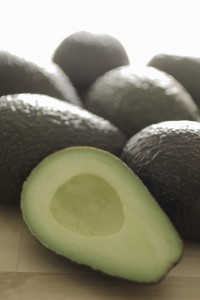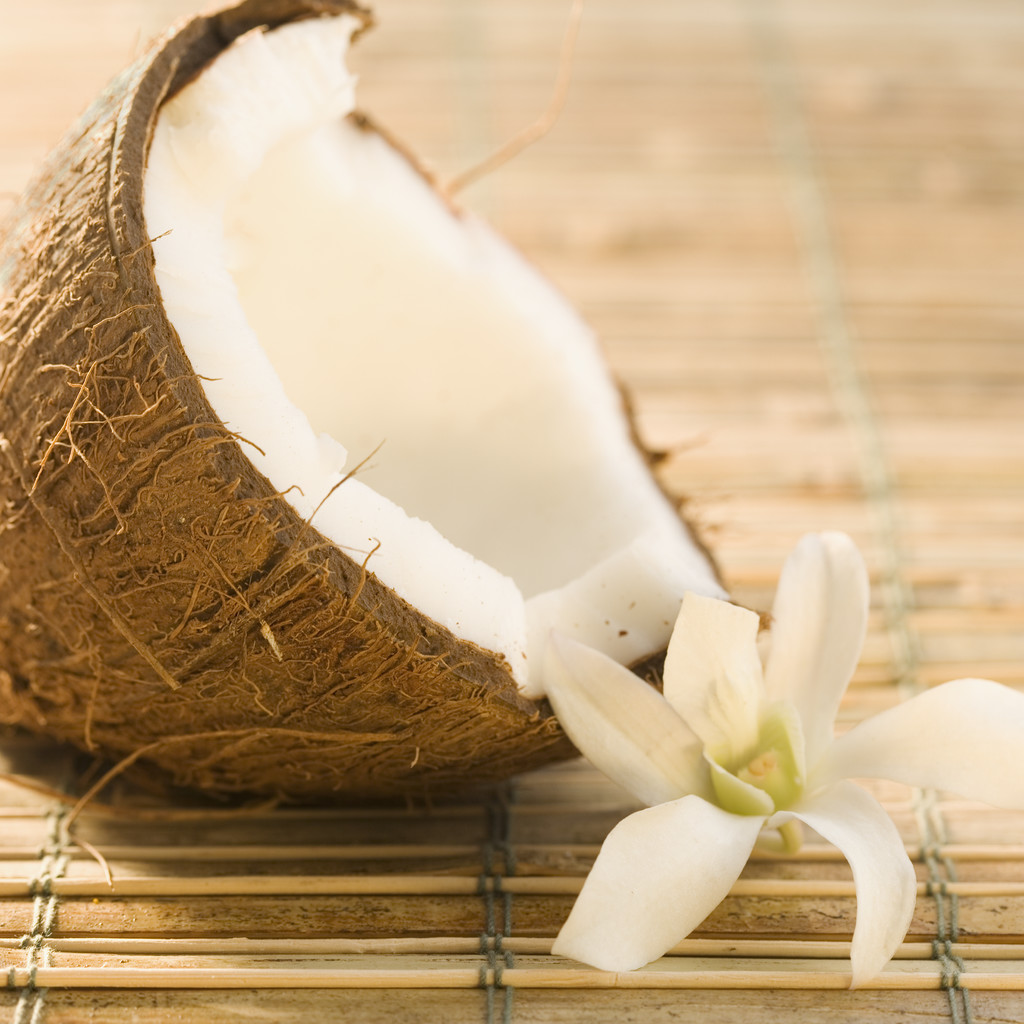The ketogenic diet is a way of obtaining the majority of your calories from fats and oils instead of carbohydrates. It’s quite popular right now, with users reporting health benefits such as fewer headaches, less bloating, less joint pain, weight loss, and more.
oils instead of carbohydrates. It’s quite popular right now, with users reporting health benefits such as fewer headaches, less bloating, less joint pain, weight loss, and more.
If you’re considering the diet, you need to be aware of a few things:
- Carbohydrate intake is limited to between 10 and 50 grams daily. “Standard” nutrition programs have adults eating about 300 grams. Since the ketogenic diet consists mainly of fats, proteins and leafy/juicy vegetables, conventional bread, cereal, ice cream and pizza— as well as some fruits and vegetables— are no longer on your grocery list.
- If you no longer ‘own’ a gall bladder, you will absolutely need to use digestive supplementation in order to access the energy found in fats and oils. Otherwise, your body will be hungry. You’ll crave carbohydrates, and you may end up with IBS-like symptoms resulting from incomplete digestion.
- There is very little research on ketogenic diets during pregnancy and breastfeeding. Weight loss is a common side effect of this diet, resulting in higher than normal levels of toxins entering circulation from dissolving fat. This could compromise the fetus/infant dependent on you for its nutrition. If you are an expectant or nursing mother, please consult a health care professional about this diet before starting it.
- The ketogenic diet is a lifestyle; it’s not a temporary ‘diet’. Once the body adapts to a low-carbohydrate, high-fat diet, the metabolic changes that result from the switch can make it hard to go back to ‘regular’ carbohydrate-based meals without packing on the pounds.
- If done correctly, the ketogenic diet can be a sustainable, healthy nutrition plan for those with health goals they have not been able to reach using other eating plans. If you are a type 2 diabetic, have polycystic ovarian syndrome or other hormonal imbalances, you may be surprised to hear that a ketogenic diet may offer you a management solution. A holistic nutritionist is an excellent reference to assist you in making sure you a) are a good candidate and b) you have the resources to execute the diet in a healthful fashion.

